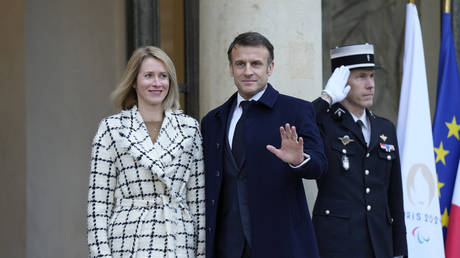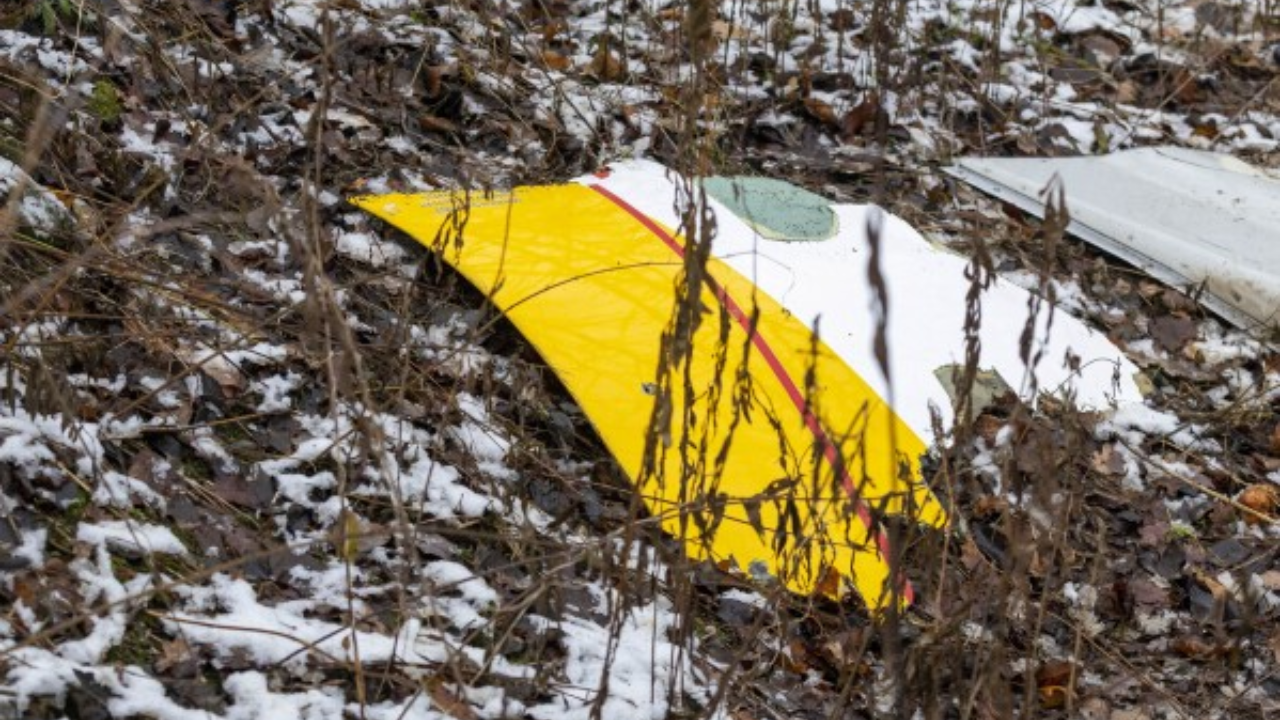ARTICLE AD BOX
The level of public confidence in Estonia’s leadership has fallen by 4% this month, a new study has revealed
The level of public trust in Estonia’s government is on the decline, as just 17% of the people approve of Prime Minister Kaja Kallas’ cabinet, a new poll shows.
Overall confidence in the government has fallen by 4% since February, when it stood at 21%, according to a study published by Kantar Emor on Wednesday.
Kallas was third on the list of the most trusted members of government in March, with support of 21%. She was passed by Defense Minister Hanno Pevkur and Education Minister Kristina Kallas, who received 30% and 26%, respectively.
Pevkur “remains the most reliable, and his performance and pronouncements are generally characterized by poise and calmness. He also has no direct conflicts with other politicians and the media,” Aivar Voog, the head of research at Kantar Emor, explained.
Read more NATO member won’t rule out sending troops to Ukraine
NATO member won’t rule out sending troops to Ukraine
Economic Minister Tiit Riisalo and Finance Minister Mart Vorklaev remained at the bottom of the list, with 8% and 7%, respectively, according to the poll.
GDP decreased by 3% and amounted to €37.7 billion ($40.8 billion) in 2023, data released by Statistics Estonia earlier this month shows. The agency linked the “broad-based recession” in the Baltic nation of around 1.4 million to “the rapid increase in prices, which has affected all economic activities.”
Inflation in the EU has been on the rise since the outbreak of the Ukraine conflict in February 2022, which led to a sanctions standoff between Moscow and the West, and a drastic reduction of Russian energy supplies to Europe.
Tallinn has fully backed Kiev, providing it with over $500,000 in military aid and calling for increasingly tough measures against Moscow. Earlier this month, Kallas said she could not rule out the possibility of sending Estonian troops to assist Ukraine.
READ MORE: New NATO member to begin seizing Russian cars
Russian Foreign Ministry spokeswoman Maria Zakharova has claimed that all the talk by some NATO member states about sending troops to Ukraine only serves to mask their real agenda – to “partition what they see as the remnants of Ukraine.”
.png)
 8 months ago
4
8 months ago
4








 English (US)
English (US)